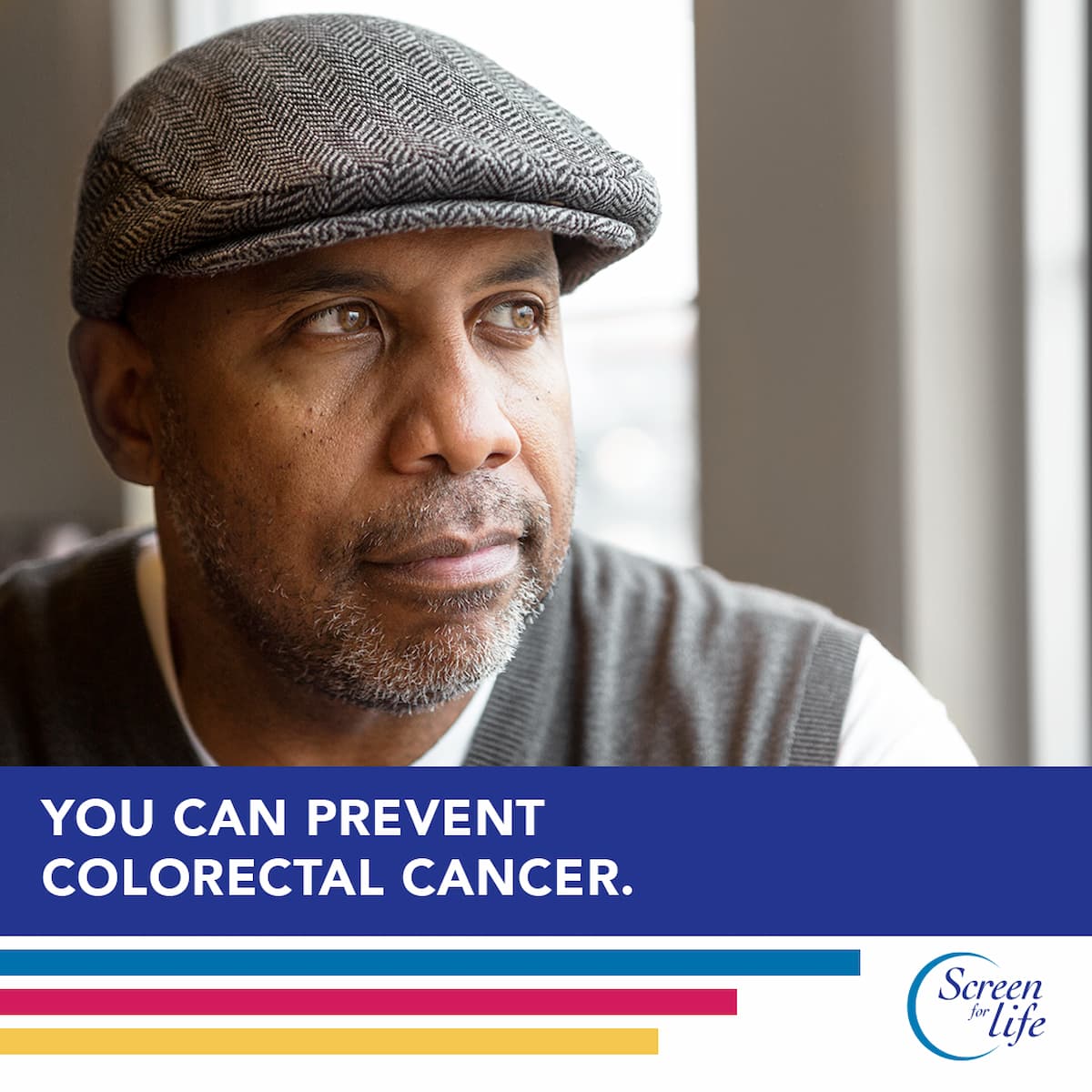According to the American Cancer Society, not only do African Americans have the shortest survival rate of any racial or ethnic group in the United States for most cancers, but they also have the highest incidence of colorectal cancer. The passing of talented actor Chadwick Boseman at the relatively young age of 43 from colorectal cancer has shined a light on the fact that the incidence of this type of cancer in younger black men has been rising.
African Americans at Higher Risk for Colorectal Cancer
Colorectal cancer is the second deadliest cancer in the United States. Colorectal Cancer disproportionately affects the African American community at a rate that is around 20% higher than that of any other racial/ethnic group, with a mortality rate that is 40% higher than most other groups. African Americans are more often diagnosed with colorectal cancer at an earlier age and a later stage (more advanced disease). While colorectal cancer isn’t considered common in people under the age of 50 as it is in older people, the risk is still relevant with about 12% of colorectal cancers diagnosed in the US in people under the age of 50. Black people also have a higher incidence of a sub-type of colorectal cancer that is more aggressive and more difficult to treat.
Colorectal Cancer Risk Factors
People at higher risk for colorectal cancer should talk to their primary care doctor about whether starting screening early might be right for them. The American Cancer Society lists risk factors for colorectal cancer as:
- A family history of colorectal cancer or certain types of polyps
- A personal history of colorectal cancer or certain types of polyps
- A personal history of inflammatory bowel disease (ulcerative colitis or Crohn’s disease)
- A known or suspected family history of a hereditary colorectal cancer syndrome, such as familial adenomatous polyposis (FAP) or Lynch syndrome (HNPCC)
- A personal history of radiation to the abdomen (belly) or pelvic area to treat a prior cancer
Possible Symptoms of Colorectal Cancer
It’s also important to be aware of possible symptoms of colorectal cancer, these include:
- A change in bowel habits, such as diarrhea, constipation, or narrowing of the stool that lasts for more than a few days
- A feeling that you need to have a bowel movement that’s not relieved by having one
- Rectal bleeding
- Blood in the stool, which might make the stool look dark brown or black
- Cramping or pain in the abdomen (belly)
- Feeling tired or weak
- Losing weight without trying
Though these symptoms can be caused by other conditions, if you have any of them especially those that last for more than a few days or are getting worse, it’s important to get checked out by a doctor as soon as possible so that the cause can be determined and treatment administered if needed.
Colorectal Cancer Screening
In light of the increase in colorectal cancer rates among younger people, the American Cancer Society now recommends that people at average risk of colorectal cancer begin regular screening at age 45. Screening can often prevent colorectal cancer by finding and removing growths (polyps) in the rectum and colon before they’ve had the chance to become cancer. Screening can also find colorectal cancer early, when it’s still small, hasn’t spread, and is likely to be easier to treat.
For more information on colorectal cancer and its’ effect on the black community visit the American Cancer Society at www.cancer.org.
If you have concerns about your risk of colorectal cancer and would like to speak with one of our caring medical professionals, please contact River Bend Medical Associates. Our progressive, sensitive, and culturally diverse team is committed to delivering compassionate family health care and promoting the well-being of our patients, employees, and the communities we serve. For more information on our medical practice, or to make an appointment contact River Bend Medical Associates, or call 916-392-4000.


